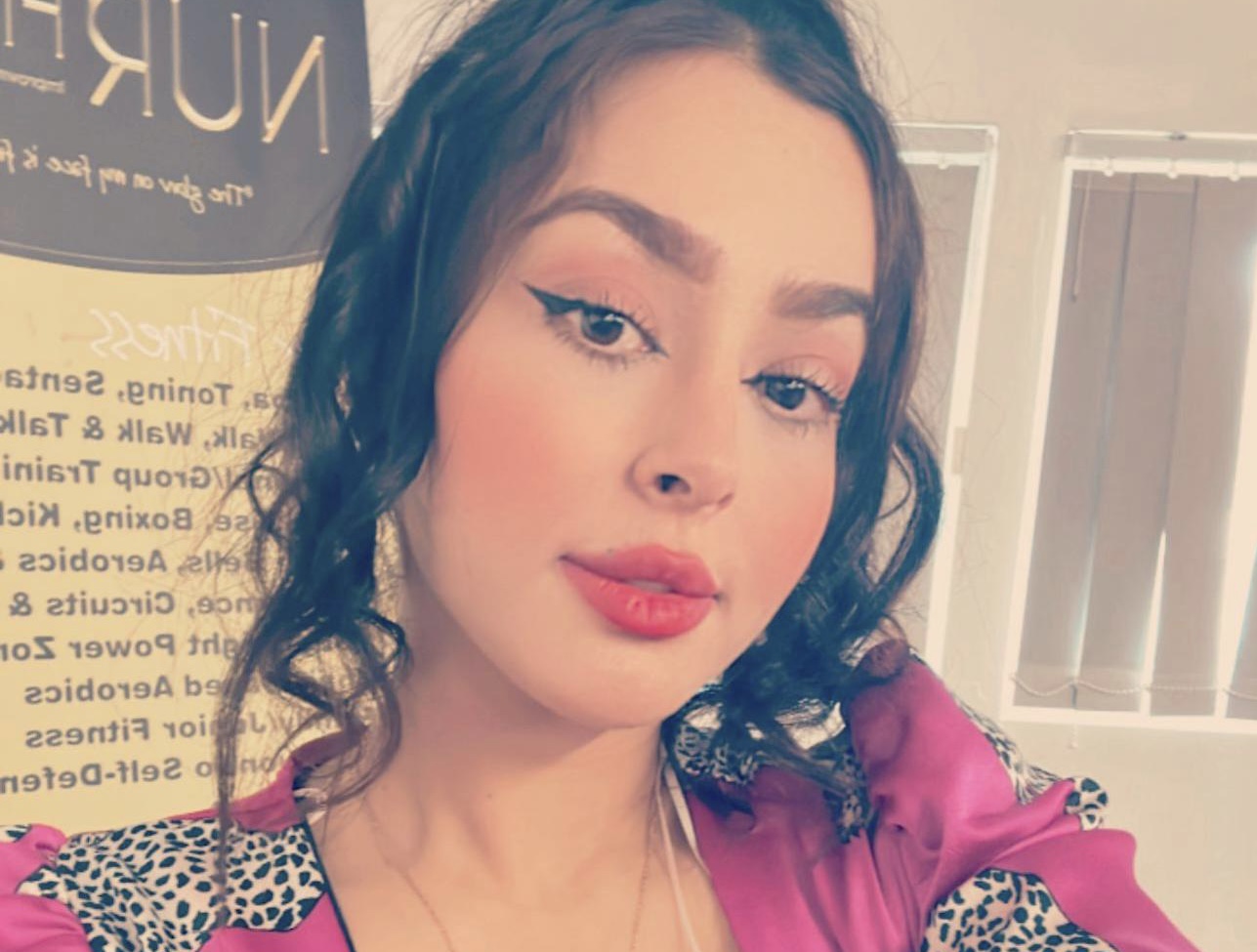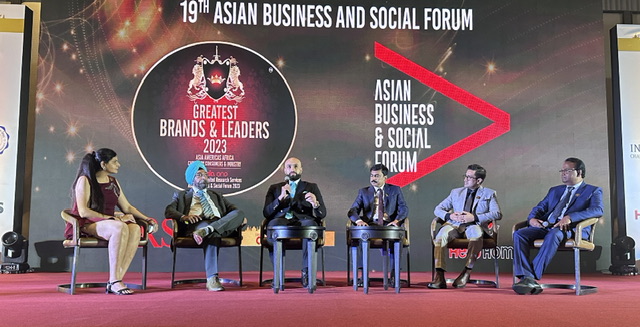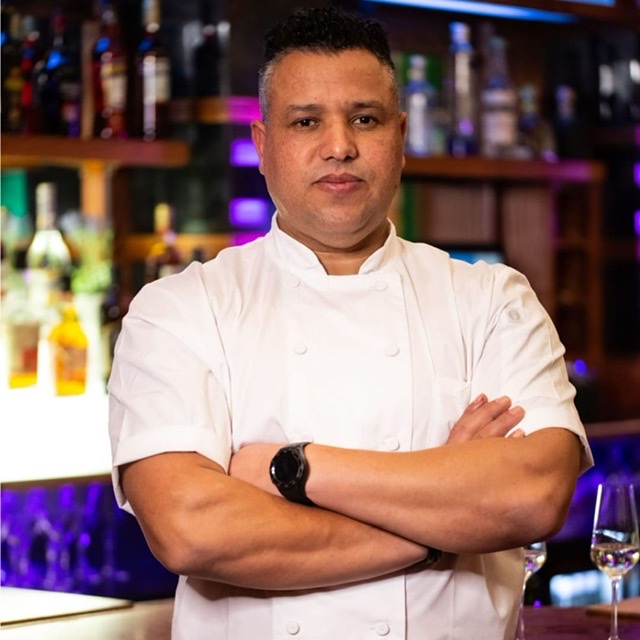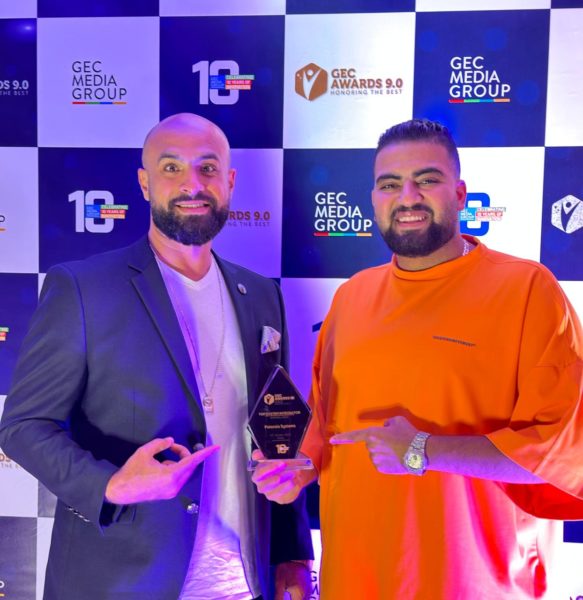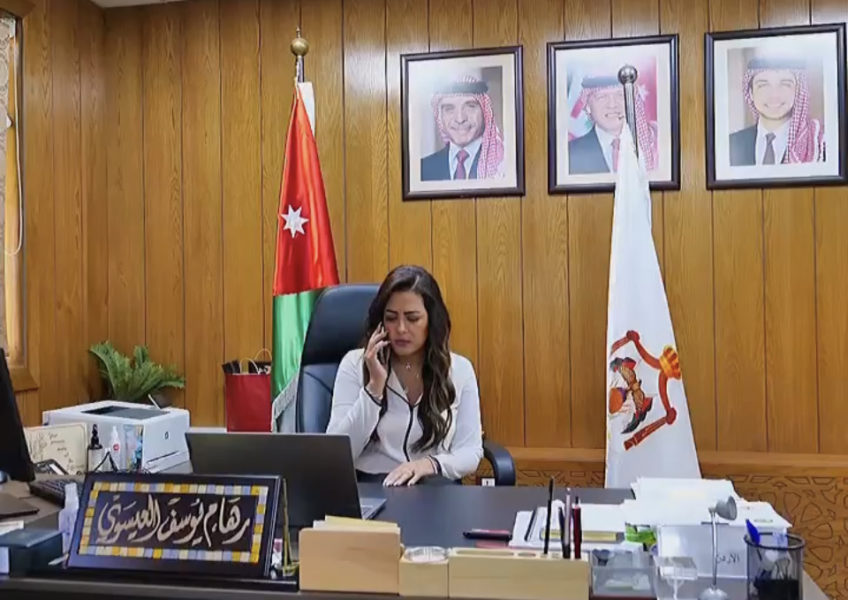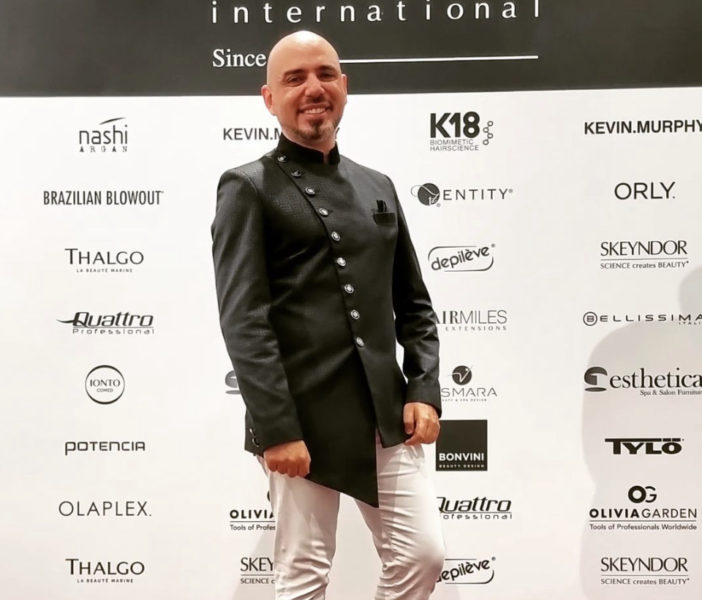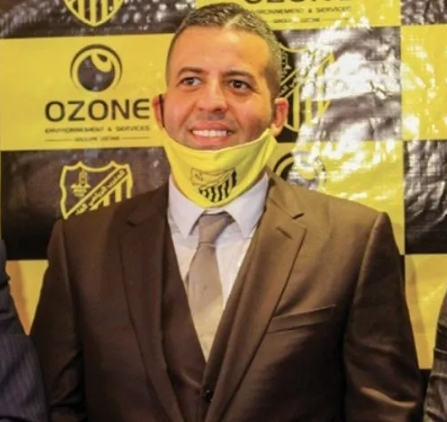Exclusively a press interview with the star Mohammad Heshmati and the journalist Mariya el-Amraoui
- Mariya EL amraoui
- Mariya EL amraoui
- December 30, 2021

welcome star mohammad, hello and thank you very much for accepting the invitation to dialogue with our media organization: Thedailyscrum.ca
First, if I may, who is the artist mohammad heshmati ?
Hello. Glad to interview Journalist mariya and your newspaper thedailyscrumnews.com
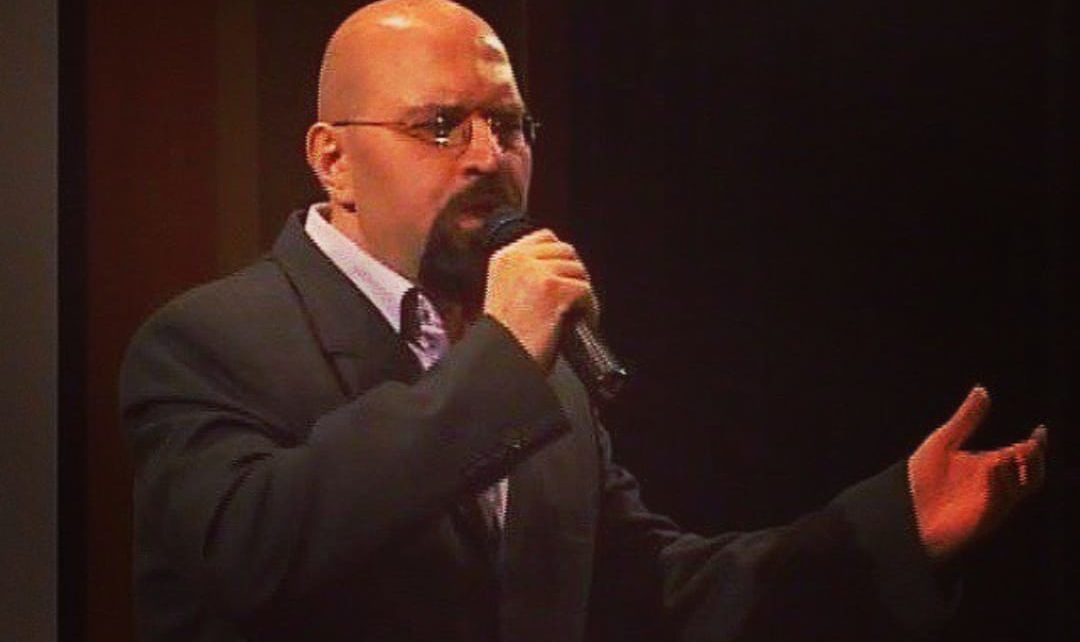
I, Mohammad Heshmati, am an Iranian singer in the Iranian pop and traditional style.
I started my professional career in 2002 with a song called “Arezoo”.
I was 26 years old at the beginning of my career in music. I am now 44 years old. I have a wife and two daughters named Helma and Hannah. They are 8-month-old twins. My wife’s name is “Azadeh”.
So far, I have released 6 official music albums, I have sung about thirty singles, the most famous of which is “Majnoon Nabodam”.
My late father was a Quran teacher. My uncle is also a Quran teacher and is now the secretary of the Supreme Quran Council of Iran. My grandfather was a teacher of “Taziyeh”. “Taziyeh” is an Iranian religious play that is held in Iran during the months of Muharram, and the singers of “Taziyeh” must be well acquainted with the traditional songs of Iranian music.
In the same context, how was your childhood?
I recited the Qur’an as a child, adolescent and youth, and learned to recite the Qur’an from my father and uncle.
When did your knowledge and passion for the field begin? Technical?
In fact, I started the music by reciting the Qur’an. Because whoever recites the Qur’an must know the Arabic maqam music well.
Iranian traditional music and Arabic maqam music have many similarities
For example, the “Nahavand Maqam” is very similar to “Avaz Isfahan” in Iranian traditional music. Therefore, learning to recite the Qur’an encouraged me to learn a little Iranian maqam music
As I said, I started singing professionally in 2002.
What are the most important stages that printed your path?
The most important things that determined my artistic path were first the support of my father and my family. Then my interest and efforts, as well as the art of the composers with whom I collaborated.
Unfortunately, I did not cooperate with a good music company. The art company I worked with from 2002 to 2015, unfortunately, did not support me well either in terms of advertising or financially. And I finally left that company in 2015 and I personally undertook my artistic productions.
What are some aspects that your audience does not know about your personal life or your family?
Perhaps I can say that I worked in news and advertising silence for 13 years. And if any propaganda was done, it was and is my personal effort.
This is the first time I have talked about my wife and children with a non-Iranian media. I have even talked very little about it with the Persian media.
I had never told my wife’s name to any media. She is a wonderful wife and mother and has a master’s degree in laboratory science. I myself studied chemical engineering.
How do you view the political scene in your country and in the Arab world as a whole?
I do not like politics very much. But I hope the political future of Iran and the Arab world is clear. We are a rich country, but Iranians have a small share of this wealth. I hope that the distribution of wealth in my country and in all countries of the world will be fair and the roots of poverty will be dried up.
What is your assessment of this young artistic wave that the Arab world is witnessing? What is your assessment of the performance of these young people?
I know Arabic music with Kawkab al-Sharq Umm Kulthum. He is my myth.
I like old figures of Arabic music such as Abdul Halim Hafez, Farid Al-Atrash and Feirouz very much.
Among the contemporary figures of Arab singers, I am interested in Amr Diab, Ragheb Allameh and Nawal Zoghbi. I used to watch “Arab Idol” on MBC2 and I heard very beautiful voices on it. At that time, Ragheb Allameh was one of the judges of the competition.
I have sing other songs that are perhaps less heard in the Arab world.
What is your next new?
I recommend if the audience would like to hear them as well, such as “khoda chera ashegh shodam”, “Sabze be Naz Miayad”
“Mistress” and “Azan Migouyand”
And many other songs that you can see and hear on my YouTube channel.
https://youtube.com/c/Mohammadheshmati
Could we see you someday in another profession?
my main job is a university cultural expert and music is my love, not my job. Thank you for your kindness Journalist “mariya el amraoui”

